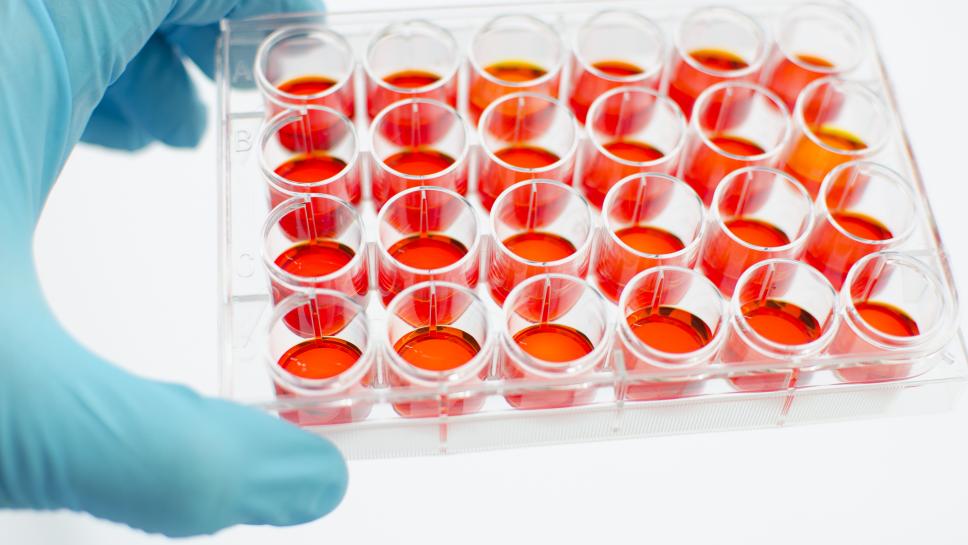
Researchers at University College London (UCL) have developed artificial ‘mini-muscles’ that could speed up testing potential treatments for muscle-wasting conditions.
Dr Francesco Saverio Tedesco and his team took skin cells from people with Duchenne, limb girdle and congenital muscular dystrophies and turned them into induced pluripotent stem cells (iPSCs) in the laboratory. These were then grown into tiny muscles with their own nerves and blood vessels, much like a real muscle.
The mini-muscles showed some distinctive features of muscle-wasting conditions, which supports their use as a model for drug screening. They could also be used for more basic science studies to understand more about muscle-wasting conditions.
Dr Tedesco said in a press release:
Our findings are expected to facilitate development of therapies for incurable forms of muscular dystrophy by providing a novel way to test treatments in a personalised fashion and on multiple cell types at the same time. They could also help in developing artificial muscles for tissue replacement.
The study was published in the scientific journal, Cell Reports.
MDUK’s Duchenne Research Breakthrough Fund is supporting Dr Tedesco to build on this exciting work. He is currently developing a reporting system for the mini-muscles, which will allow us to measure the response to treatment.
Further information
Read about Dr Tedesco's MDUK-funded mini-muscle project
Email our Research team at research@musculardystrophyuk.org
Read the latest research news
